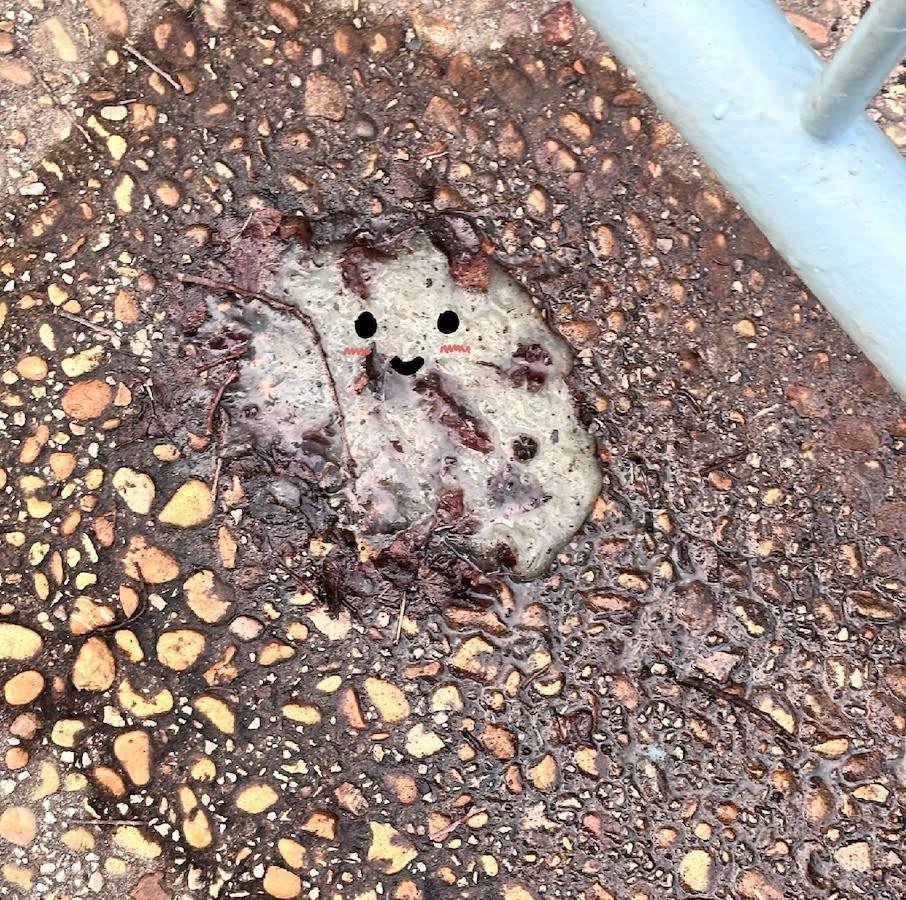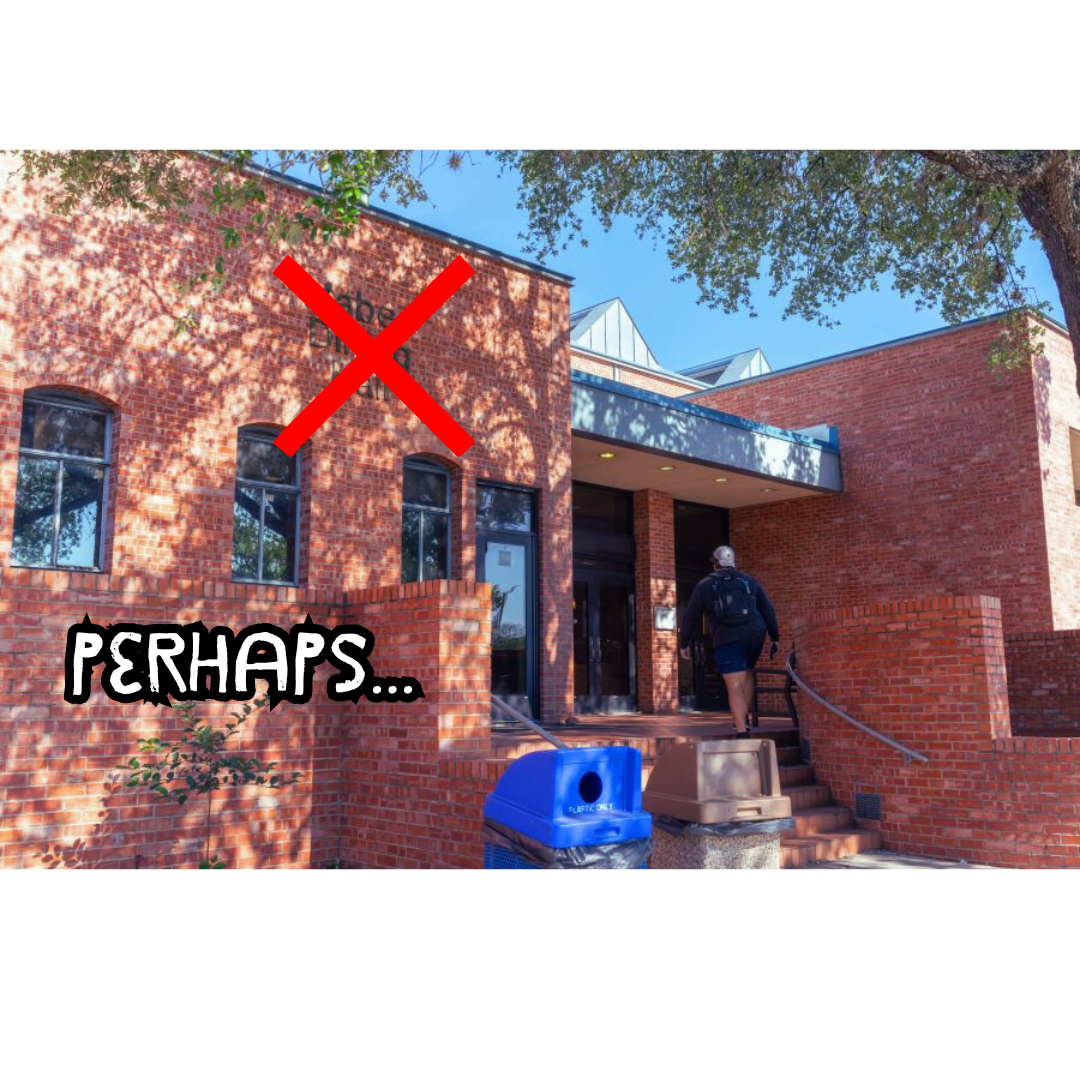For the fourth year, the environmental studies program will host a summer field school at the High Lonesome Ranch in Grand Junction, Colorado providing an interdisciplinary approach to learning about the environment.
The program runs from June 8-26 and accepts students of all classifications and majors to earn three hours of credit toward environmental studies or general education with no pre-requisites.
Richard Reed, chair of environmental studies and professor of anthropology, introduced the seven different faculty members who co-teach the program.
“The course was designed to give an interdisciplinary view of the environment of the high plains in western Colorado. It brings together seven faculty members from all different disciplines focusing in on the landscape and offering their own interpretations,” Reed said. “You have a botanist, a biologist, geologist, anthropologist, poet, artist and literature person all interpreting the landscape.”
The faculty attending the program this summer are: Jenny Browne, who will focus on poetry, Greg Hazleton (literature), Kelly Lyons (biology), Richard Reed (anthropology), David Ribble (biology), Kathy Surpless (geology) and Liz Ward (art).
“The beauty of the course is that it’s not multi-disciplinary, it’s interdisciplinary completely. We ask the faculty to all be involved in all aspects. When a faculty member is teaching on how to draw, I sit down and I make drawings, too,” Lyons said.
The High Lonesome Ranch’s owners are Lissa and Paul Vahldiek of the Trinity board of trustees, and the course was originally designed at the request of the Vahldieks to partner with the High Lonesome Institute and give a humanities perspective to the environment. Students and faculty live on the ranch for the three weeks at Castle Rock base camp.
“It’s called “˜glamping,’ like glam camping. It’s really luxurious and we stay in safari-style tents but we have these beautiful bathroom facilities and a wonderful lodge. From there we go up into the highland in which it’s much more basic and kind of rough,” Reed said.
The program is a unique learning community where faculty and students are engaging in experiential learning together 24/7 for three weeks in the complex environment of the western Rockies to develop an environmental understanding of the area.
“I can talk to students all day about plants in a static laboratory or classroom but if I don’t have them in the field, I don’t feel like they actually know how to look at plants or landscape. These are students who are largely not biology students and don’t have these opportunities to engage with nature in a meaningful way that involved extended observation. How often does someone say, “˜You get to sit here and look at this, and that’s OK’?,” Lyons said.
The student-to-faculty ratio is about two to one where an average of 15 students participate in the program and get an intensive learning experience. Hayley Sayrs, a junior environmental studies and biology double-major, attended the field school last summer and commented on her experiences.
“Although everyone internalizes and experiences things differently, I truly felt that we, the students and professors, created a community during those three weeks at High Lonesome Ranch. Learning felt more like an exchange than a chore. From sitting silently in the aspen stands, to enlightened conversations around an open fire, the average day at the ranch is structured in a very balanced way,” Sayrs said.
The deadline for registration is March 1. Students can direct inquiries to Richard Reed at rreed@trinity.edu.
“The course was not designed with a specific student in mind. It was designed to provide an outdoor classroom for a diverse group of thinkers to explore and be present together in,” Sayrs said.







